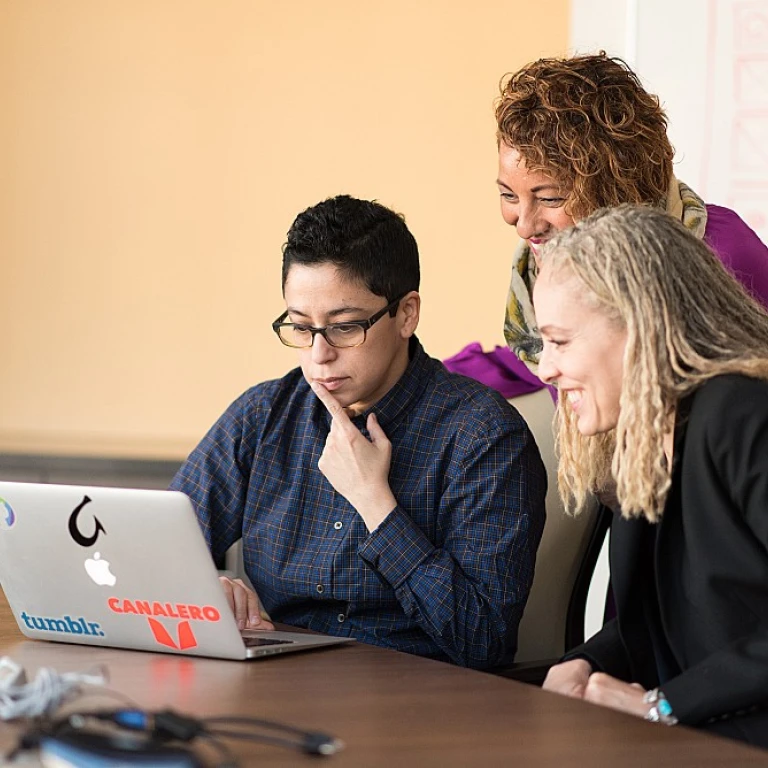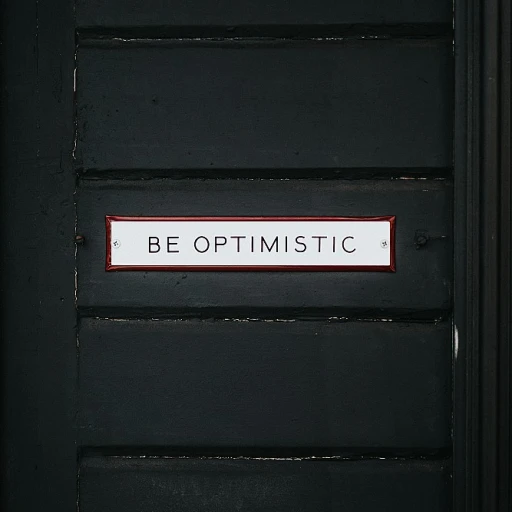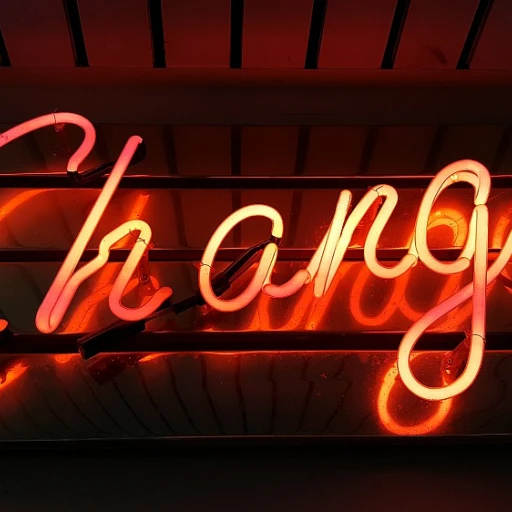Understanding the Role of a Kenjutsu Mentor
The Role of a Guiding Leader in Kenjutsu
Understanding the role of a mentor in kenjutsu is crucial to navigating any challenges in the mentor-mentee relationship. For many, a mentor serves as a beacon of guidance in both the martial arts and personal professional development arenas. They embody the qualities of a role model, showcasing the path through the lessons learned over years of dedication and training. Having a mentor in the martial arts goes beyond simple instruction. It involves the passing down of core values and the essence of the arts. The positive role mentors play in shaping their mentees is significant, helping students not only master the techniques but also understand the philosophy behind their practice. It’s through this transfer of knowledge and values that a strong bond is formed, contributing to professional development and leadership growth. In the context of a mentor-mentee relationship, mutual communication is fundamental. However, non-responsiveness can sometimes happen, as explored in other parts of this discussion. Many factors can contribute to the lack of response, including the mentor’s workload, their expectations about communication, and sometimes even cultural aspects. Embarking on this path, it's vital to remember that building a successful mentoring relationship takes time. As a mentee, your commitment to consistent practice and open communication can prove beneficial. It's equally important to reflect on your own communication skills, as these are key to nurturing your mentoring environment. For those just starting out or looking to refine their engagement in mentorship, exploring resources such as enhancing onboarding with a mentorship program can provide valuable insights into establishing a fruitful mentoring experience. By recognizing the importance of a mentor's presence and respecting their professional commitments, both mentors and mentees can work towards continuous improvement in their journey together.Common Reasons for Non-Responsiveness
Possible Causes for Your Mentor's Silence
When your kenjutsu mentor is not responding, it can be a source of frustration and confusion. Understanding the potential reasons behind their silence can help you address the situation more effectively. Here are some common reasons why your mentor might not be as responsive as you'd like:
- Busy Schedules: Like any professional, mentors often juggle multiple responsibilities. They might be managing their own career, training sessions, or personal commitments. This can lead to delays in communication.
- Overwhelmed by Requests: A good mentor often has numerous mentees seeking guidance. This can sometimes make it challenging to respond to everyone promptly.
- Expectations Misalignment: There might be a mismatch in expectations regarding communication frequency. It's important to establish clear communication norms early in the mentoring relationship.
- Technical Issues: Sometimes, non-responsiveness is simply due to technical glitches or missed messages. It's worth considering if there might be a simple explanation like this.
- Personal or Professional Challenges: Mentors are human too, and they might be dealing with personal or professional challenges that temporarily affect their ability to engage.
Recognizing these potential reasons can help you approach the situation with empathy and understanding. In the following sections, we will explore how to evaluate your communication approach and consider cultural and contextual factors that might be influencing your mentor's responsiveness.
Evaluating Your Communication Approach
Reflecting on Your Communication Style
When it comes to building a successful mentor-mentee relationship in martial arts like Kenjutsu, communication plays a pivotal role. Evaluating your approach can help you understand why your Kenjutsu mentor may not be responding as often as you'd like. Here are some points to consider:- Respect Their Time: Mentors often have numerous commitments, balancing between work, personal development, and mentoring other students. Ensure your messages are timely and relevant to avoid overwhelming them.
- Clarity in Communication: Miscommunication can easily occur, especially if you're not clear about your needs or expectations. Be concise and specific about what you are seeking, whether it's advice on martial arts techniques or leadership development.
- Align with Core Values: Your mentor may prioritize different aspects of their teaching philosophy. Align your inquiries with their values, showing that you're keen to learn and grow under their guidance.
- Feedback Reception: Be open to receiving feedback, as it is a fundamental part of personal and professional development. A good mentor will provide honest input, which can sometimes be challenging to hear but is invaluable for growth.
- Self-Assessment: Reflect on the previous conversations you've had with your mentor. Consider whether your approach was mostly about seeking help or if it involved sharing your own insights and lessons learned from years of practice. A balanced interaction can foster a more positive role in the relationship.
Cultural and Contextual Factors
Exploring Cultural Nuances and Contextual Considerations
In the world of martial arts mentoring, particularly in kenjutsu, cultural and contextual nuances play a substantial role in how mentors and students interact. Understanding these subtleties is crucial for nurturing a thriving mentor-mentee relationship. Cultural differences may influence how mentors perceive their role and how they choose to guide their mentees. For example, in some cultures, a mentor might be expected to maintain a formal distance, focusing more on discipline and learning rather than becoming a personal friend. Such cultural expectations can sometimes make the relationship appear reserved, which isn't necessarily a sign of disinterest. Additionally, seniority and hierarchy are often more pronounced in martial arts settings than in other professional environments. This means that mentors might expect a different level of deference or formality than mentees from other industries are accustomed to. A mentor may demonstrate their leadership not through constant communication but through setting high expectations and allowing the mentee to grow into them. Furthermore, time is an important factor. Many mentors have been practicing their art for years, and they value the lessons learned over time. They might expect the same dedication and patience from their mentees, who should understand that personal and professional development in kenjutsu takes time and effort. Lastly, keep in mind the mentor's own career and responsibilities. A good mentor might also have commitments to other mentees or team members, which could affect their response time. Workloads and other professional duties can often limit the immediate availability of a mentor. However, this doesn't diminish their positive role in the long run. Understanding these dynamics can help mentees better align their expectations and communication approach, fostering a more fruitful mentoring journey. It's essential to remember that in the realm of kenjutsu, as in other martial arts, the journey is often as important as the destination.Strategies to Improve Communication
Building Stronger Bridges for Effective Exchange
Improving communication with your kenjutsu mentor is pivotal to unlocking the benefits of this invaluable relationship. Effective communication requires conscious effort, patience, and understanding of the nuances inherent in martial arts mentoring. Here are some strategies to enhance your communication:- Be Clear and Concise: When reaching out to your mentor, ensure your messages are clear and to the point. Avoid ambiguous language. Good mentors will appreciate straightforward communication, which demonstrates respect for their time and helps in maintaining professional development.
- Choose the Right Medium: Some people prefer emails, while others may respond better to phone calls or in-person meetings. Understanding this preference can make a significant difference in how your message is received and responded to. Consider the context; kenjutsu, like other martial arts, values personal engagement, so face-to-face communication might yield more fruitful interactions.
- Timing Is Key: Time management is crucial. Approach your mentor when they are likely to be less occupied with their core responsibilities. A busy schedule can affect responsiveness, and acknowledging this can foster patience and respect in your mentor-mentee relationship.
- Show Engagement: Demonstrating your commitment and enthusiasm can positively impact your relationship. Actively participate in lessons learned during sessions, ask insightful questions, and express appreciation for their guidance. A mentor who recognizes your dedication to the arts and leadership will likely be more inclined to engage actively.
- Respect Their Privacy Policy: Remember that mentors are also balancing various personal and professional commitments. Respecting boundaries and understanding their limitations can enhance mutual respect and trust.
When to Seek Alternative Mentoring Options
Exploring New Paths in Mentoring
If your kenjutsu mentor remains unresponsive despite your best efforts to improve communication, it might be time to consider alternative mentoring options. This decision is not about giving up; rather, it's about recognizing when a relationship is no longer beneficial for your personal and professional development.
Recognizing When to Move On
A good mentor should be a positive role model and provide guidance that aligns with your core values and career goals. If this is not happening, it might be time to explore other avenues. Consider whether your mentor's teaching style, availability, or communication skills are hindering your progress. Remember, mentoring is a two-way street, and both parties should benefit from the relationship.
Exploring New Mentoring Opportunities
- Seek a Mentor with Aligned Goals: Look for someone whose experience and leadership development align with your career aspirations. This alignment can lead to more effective mentoring and help you learn the lessons needed for continuous improvement.
- Consider Group Mentoring: Engaging with a team of mentors can provide diverse perspectives and help you develop a broader range of skills. This approach can be particularly beneficial in martial arts and other fields where multiple viewpoints enhance learning.
- Utilize Online Resources: Platforms dedicated to mentoring can connect you with professionals who are eager to share their knowledge. These resources often offer structured mentoring sessions that can be tailored to your needs.
Building a New Mentoring Relationship
Once you've identified a potential new mentor, take the time to establish a solid foundation for your relationship. Clearly communicate your goals and be open to feedback. A successful mentor-mentee relationship takes time to develop, but with patience and effort, it can lead to significant personal and professional growth.
Ultimately, the goal of mentoring is to foster development and help you achieve your career objectives. If your current mentoring relationship isn't meeting these needs, don't hesitate to explore new opportunities that can better support your journey.



